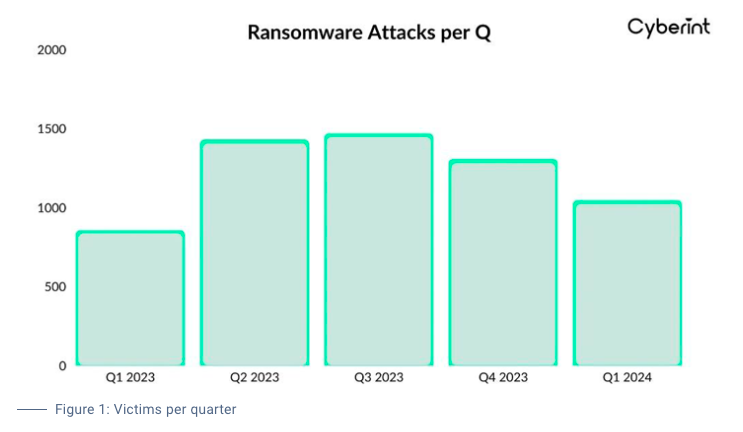A new year and new problems
We open a new year and a new season with our friend, Ian Thornton-Trump, chief information security officer at the MSSP Inversion6 and in 30 minutes we take on some pretty meaty subjects.
First, we discuss how China strategically infiltrated technology systems in the US and other countries as a geopolitical message rather than attacks. He discusses the challenges of securing complex, interconnected systems and the need for proactive defense.
Next we review the rise of corporate power and influence and how the increasing wealth and influence of individuals like Elon Musk is disrupting the traditional balance of power in democracies. The ethical concerns around wealthy individuals wielding disproportionate political influence could result in something the oligarchs are not expecting.
Finally, we review potential trade wars and the possibility of Canada and Mexico joining the BRICS alliance.
2025 is going to be bumpy but very interesting.










